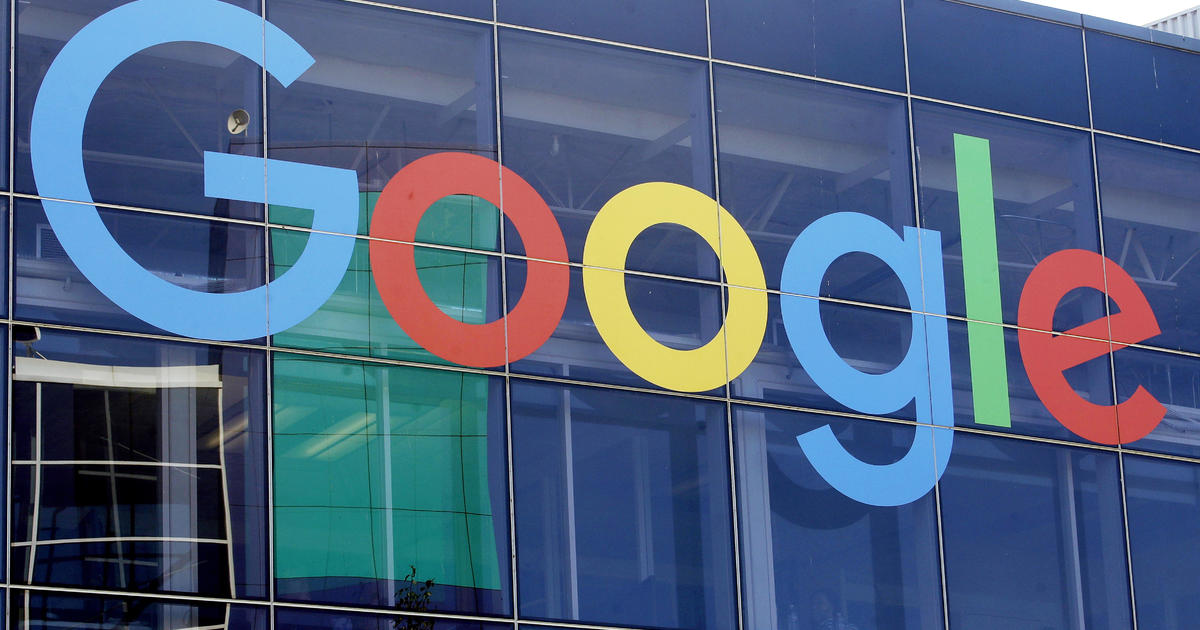Fact Check: Brown, Kashkari Provide Partial Truths In Only Gubernatorial Debate
SACRAMENTO (CBS / AP) — Democratic Gov. Jerry Brown and his Republican challenger, Neel Kashkari, covered a lot of ground in Thursday's night gubernatorial debate. An examination of some of the issues they debated and a reality check on some of their claims:
WATCH THE DEBATE:
Part 1 | Part 2 | Part 3 | Part 4
TEACHER TENURE:
Kashkari slammed Brown for appealing a recent Los Angeles County Superior Court decision that found California's teacher tenure laws unfairly discriminate against poor and minority students because grossly ineffective teachers are disproportionately situated in schools serving predominantly low-income and minority students. The tenure laws mean the least experienced teachers are laid off first when cuts are made, while longer-serving teachers, even if they're lousy, are retained.
In filing the appeal, Brown "sided with the union bosses" who funded his campaign, Kashkari said.
Brown and other Democrats have taken millions of dollars in campaign contributions from the largest teachers union in the state, the California Teachers Association. It also funds independent expenditure campaigns, mostly to support Democratic candidates and their causes.
The teachers unions are credited with helping pass Proposition 30, the 2012 sales and income tax increase. The higher revenue is sending more money to school districts that have higher proportions of lower-income students, foster children and those who are English-learners. But in his response, Brown did not give a vigorous defense of the teaching profession.
"I signed 215 to get rid of bad teachers. No one wants bad teachers in the schools of California. Certainly not me," Brown responded, referring to a piece of legislation.
The bill, AB215, does not address ineffective teachers. Instead, it speeds up the process for a school district to fire teachers who are accused of gross misconduct such as sexual assault or physical abuse.
PRISON REALIGNMENT:
Kashkari said a 3-year-old state law that sends most lower-level offenders to county jails instead of state prisons is "absolutely a failure." Because of overcrowded local jails, he said dangerous criminals are "being released onto our streets and they're committing heinous crimes again."
"If I'm elected governor, I'm going to keep these dangerous people locked up," Kashkari said. "If we need to rent more bed spaces somewhere else, then we're going to rent more bed space somewhere else."
Kashkari further said that if he is governor, "We're going to fight the courts" to keep dangerous criminals behind bars.
Missing from Kashkari's comments was an acknowledgement that the change is being driven by federal court decrees ordering California to significantly reduce its prison population.
Brown has fought the federal judges — just as Kashkari promises to do — but to no avail. The U.S. Supreme Court has twice sided with the federal courts, forcing major changes in the way California operates its prison system and requiring billions of dollars in additional taxpayer expenses.
The Brown administration has already rented more than 15,000 beds in out-of-state prisons and within California, and plans to rent more. More than 11 percent of the state's prison population is now in rented cells as the state struggles to meet the federal court orders by the February 2016 deadline.
BROWN'S TWIN WATER TUNNELS:
Kashkari said if he were governor he would put a halt to Brown's $25 billion plan to build two massive tunnels to ship water from the Sacramento-San Joaquin River delta to farms and communities so that he could study it and make sure we get it right.
But he has not presented an alternative approach to one of the most vexing and controversial issues that has faced the state for decades — how to safeguard the flow of water from Northern California to farms in the Central Valley and cities in Southern California while ensuring that any new conveyance system does not cause major damage to the environment.
Brown's plan also is undergoing strict scrutiny, including an environmental review that the governor said has reached 75,000 pages.
He countered that the water debate has been on the table for 50 years and that there are serious safety concerns about the current system, in which huge pumps send delta water south through massive aqueducts. An earthquake or major storm could cause water to breach the delta's earthen levees.
"If that saltwater intrudes, half the water to Silicon Valley will disappear in a matter of days," Brown said. "And that would be a catastrophe for the economy of California, and I don't think this man really understands what's at stake."
CONNECTING WITH THE MIDDLE CLASS:
Kashkari has made income inequality a central theme of his campaign, and he repeatedly accused the governor of being out of touch with the middle class.
"I didn't come from a rich, powerful family. My parents were immigrants, I was a middle-class kid. But I lived the American dream because I got a good education," he said.
Kashkari's parents, a doctor and a university professor, emigrated from India, and he said he took out more than $100,000 in student loans to get his business degree. Kashkari has made millions of dollars as an investment banker at Goldman Sachs and Pimco. He previously pegged his net worth at less than $5 million, before spending $2 million of his own money on his primary election campaign.
Brown is the son of former Gov. Pat Brown and has spent most of his adult life in public office. He owns millions of dollars in stocks with his wife Anne Gust Brown, former chief counsel to the Gap. He has refused to release his tax returns, and California's economic disclosure forms for public officials are vague enough to keep his net worth unclear.
Most general election candidates for governor are already relatively well-off.
PUBLIC EMPLOYEE PENSIONS:
Brown took credit for passing the state's first public pension reform law and putting an end to so-called "spiking," while charting a long-term funding plan for the teachers' pension fund. He said in his next four years he would tackle retiree health care, which is not currently pre-funded by the state or most local governments.
"We've now funded, over a period of decades, our teachers' retirement that was on a course to go bankrupt," Brown said. "Is it enough? No."
Kashkari said Brown was not being honest about the amount of California's unfunded pension and retiree health care liabilities. He cited a 2010 Stanford University research brief that estimated the California Public Employees' Retirement System, California State Teachers' Retirement System and the University of California Retirement System face a combined $500 billion in unfunded liabilities.
"The first thing he did as governor is throw people off the boards of these agencies that were fighting for honest accounting," Kashkari said.
Brown did remove two appointees of former Gov. Arnold Schwarzenegger, a Republican, in early 2011. That included Cameron Percy, who was part of a team at Stanford that published the study critical of the state's largest public pension funds.
The Stanford report Kashkari cited has been disputed by the pension funds. According to CalPERS, the fund is carrying a $103.6 billion liability, CalSTRS carried an unfunded liability of $71 billion and the UC retirement system reported a $10.1 billion liability, all as of mid-2012.
The 2012 pension reform enacted by Brown was a bipartisan effort intended to save taxpayers billions of dollars by capping benefits, increasing retirement age, stopping employees from "spiking" or inflating their compensation in the years before retirement to receive a larger pension, and requiring state employees to pay at least half their pension costs.
Much of the savings, however, will not be realized for decades because most changes apply only to workers hired after Jan. 1, 2013, and leave in place the benefits for employees hired before that date.
Recently, CalPERS approved nearly 100 types of supplemental pay that can be used to boost retirement benefits for newer public employees. The actions were criticized by Brown and local governments, who said it undermines the reforms.
© Copyright 2014 The Associated Press. All Rights Reserved. This material may not be published, broadcast, rewritten or redistributed.



